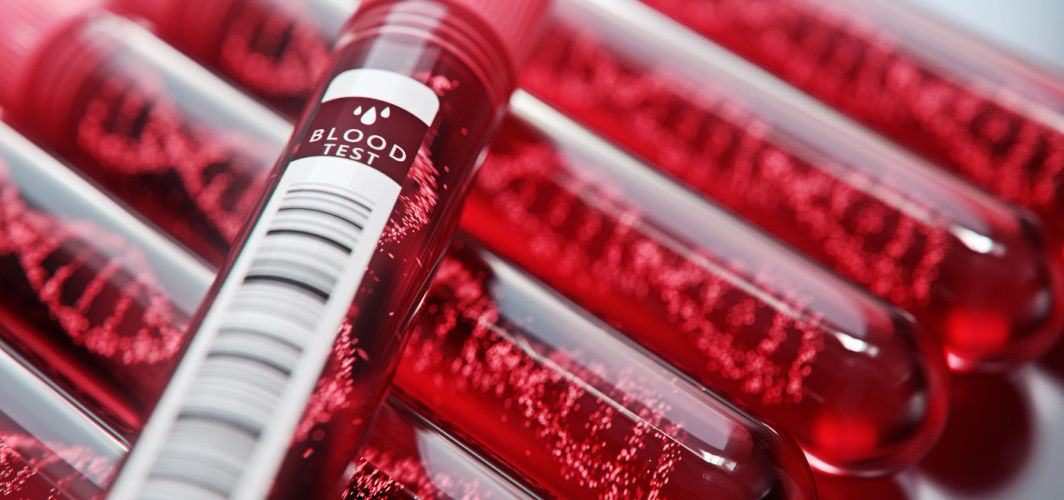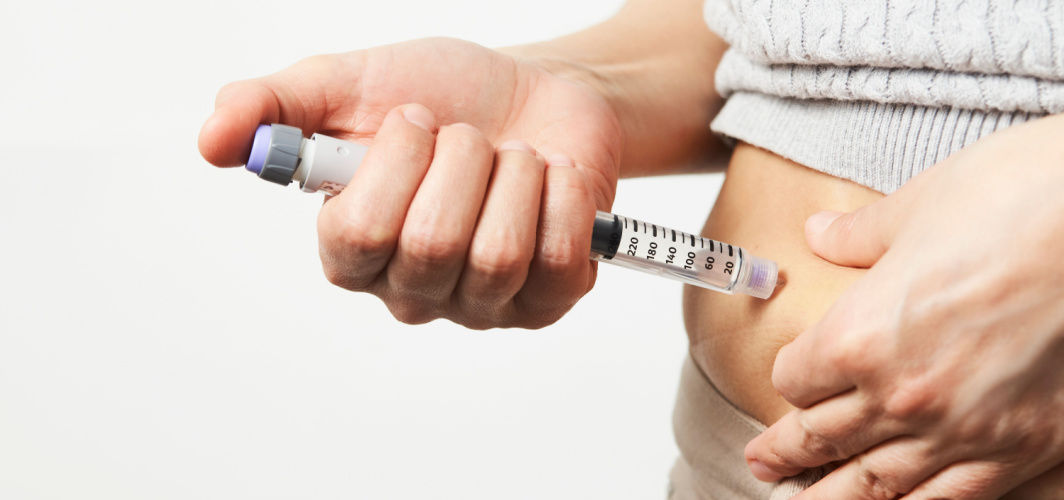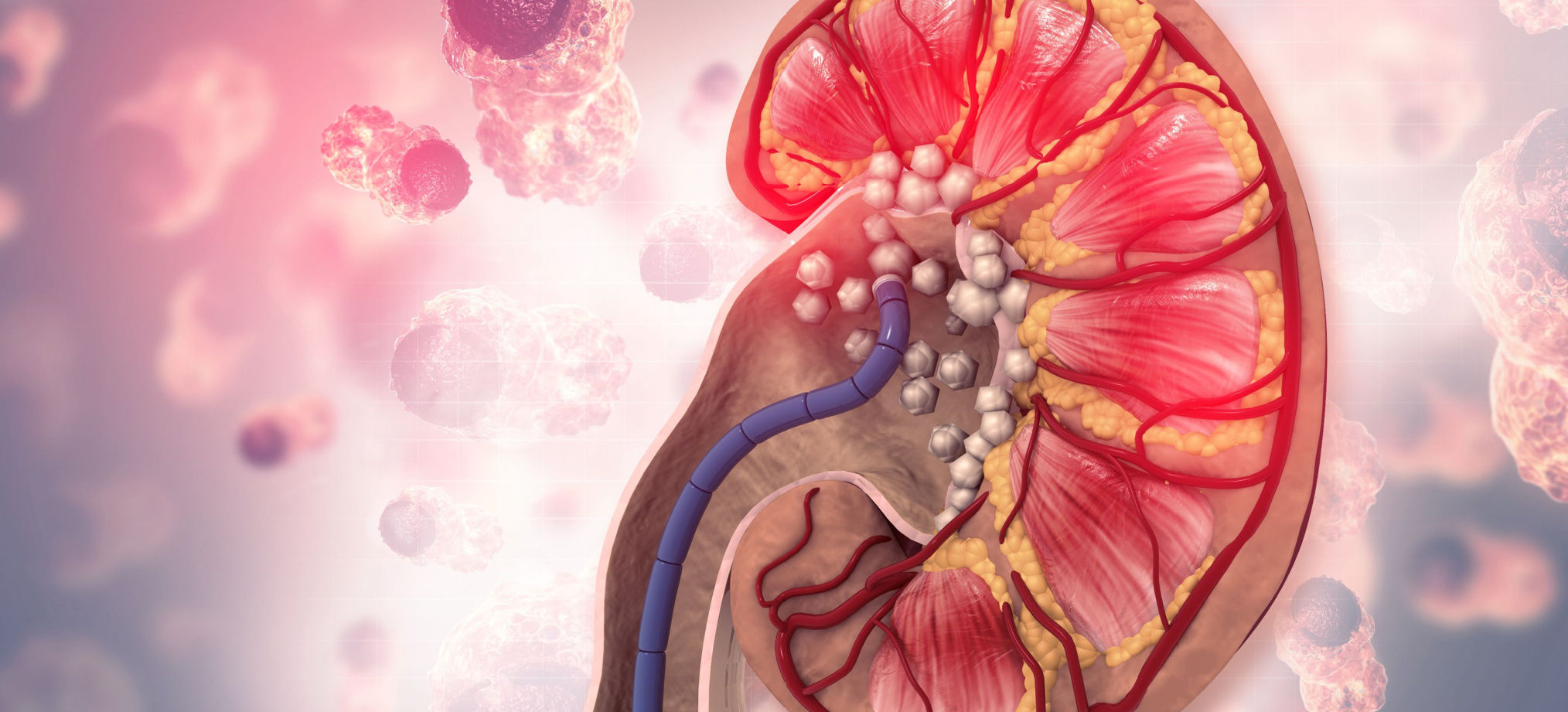General Health
Why Is It Important To Fast Before Specific Blood Tests?
6 min read
By Apollo 24|7, Published on - 12 October 2023
Share this article
0
0 like

Blood tests play a vital role in healthcare as they provide valuable information about our overall health, help in diagnosing various conditions, and monitor the effectiveness of treatments. The tests measure different components of our blood, such as red and white blood cells, platelets, hormones, and chemicals. By analysing these components, doctors can detect abnormalities and make informed decisions about our health.
Certain blood tests are fasting blood tests. When you eat food, your body breaks it down into glucose and releases it into the bloodstream. This affects the levels of certain substances in your blood, such as cholesterol or triglycerides. Your doctor will tell you which blood tests require fasting. It's important to follow their instructions carefully to ensure the most accurate results possible. Remember to ask them about how long to fast before blood tests to avoid miscommunication.
What are Blood Tests?
Blood tests are an essential diagnostic tool that helps doctors assess various aspects of your health. They provide valuable insights into your body's functioning, detect abnormalities, monitor conditions, and aid in making accurate diagnoses. Some common blood tests are:
- Complete Blood Count (CBC): A CBC measures different components of your blood, including red blood cells, white blood cells, haemoglobin, and platelets. Fasting is not necessary for this test, however, some labs or doctors may recommend fasting blood tests.
- Basic and Comprehensive metabolic panel: These tests evaluate kidney function, electrolyte levels, liver function, and glucose levels. Labs recommend fasting blood tests and fasting for 8-12 hours.
- Lipid Profile: Lipid Profile measures your cholesterol and triglyceride levels, which are fats in your blood. A 9-12-hour fast before blood tests is necessary for this test. The levels of triglycerides in your blood go up if you eat and affect test results.
- Glucose Test: A random glucose test measures your blood sugar levels and is used to screen for diabetes or assess its management. You do not need to fast before the test.
- Fasting Blood Glucose Test: Fasting Blood Glucose test measures your blood sugar levels to check for diabetes or prediabetes. When you eat, your body breaks down carbohydrates into glucose, raising your blood sugar levels. Fasting for at least 8 hours is required before the test.
Importance of Fasting Before Blood Tests
Fasting is required for specific blood tests because when you consume food or drink, baseline levels of certain components in your blood are affected, leading to inaccurate test results.
- During fasting, your body relies on stored glucose as an energy source. This depletion of glucose leads to stable fasting blood sugar levels and accurate assessment.
- Similarly, fasting affects lipid levels. This prevents interference from dietary fats that can temporarily elevate cholesterol and triglyceride concentrations during testing.
- Liver function tests measure enzymes such as ALT, AST, and alkaline phosphatase. Recent food intake can affect these enzyme levels. Fasting ensures an accurate evaluation of liver health.
If you have concerns about how many hours to fast before a blood test, consult your doctor for guidance.
Tips for Fasting Before Blood Tests
Different blood tests have varying fasting requirements. Some tests may require you to fast for 8-12 hours, while others may only need a 2-hour fast. Your doctor will tell you which blood tests require fasting. Follow the specific instructions provided by your doctor or the laboratory conducting the fasting blood test to ensure accurate results.
- Inform your doctor or the laboratory of any medications you are taking. They may affect test results. Typically, you should avoid all food and beverages except water during the fasting period.
- During the fasting period, it is important to stay hydrated. You can drink water or black coffee (without sugar or cream) to keep yourself hydrated and ease any discomfort you may experience from fasting.
- To ensure accurate test results, it is essential to avoid consuming anything that could impact your blood glucose or lipid levels. This includes foods and beverages such as juices, sodas, alcohol, candies, chewing gum, and even certain medications.
Benefits of Fasting Before Blood Tests
A fast before blood tests helps eliminate variables that can affect test results in ways such as:
- It allows a clear baseline measurement of various factors in your blood, such as glucose or cholesterol levels.
- Fasting blood test results provide a more accurate representation of your true health status. For instance, fasting blood sugar levels can help diagnose and monitor diabetes. Fasting cholesterol levels can provide insight into cardiovascular risk factors.
- Doctors can better interpret fasting test results and make informed decisions regarding your diagnosis and treatment plan.
If you have any concerns or questions about how long to fast before a blood test, make sure to consult your doctor for advice.
Special Considerations and Exceptions to Fasting Rules
Some special considerations to keep while fasting are:
- If you have diabetes, it is important to speak with your doctor about whether you have to fast before blood tests. Fasting may affect blood sugar levels, and your doctor will determine the best course of action based on your individual needs.
- Some medications can also impact fasting requirements. For example, if you take a medication that requires food intake, fasting may not be necessary. Discuss any medications you are taking with your doctor to determine if fasting is required.
- While fasting is generally recommended for most blood tests, there are situations where it may not be necessary. These include:
- Non-fasting Lipid Profile: This test also measures cholesterol and triglyceride levels and is not a fasting blood test. However, it's important to note that some doctors still prefer a fasting lipid profile.
- Glucose Tolerance Test: In some cases, a non-fasting glucose tolerance test may be performed to assess immediate glucose response after a meal.
Conclusion
In conclusion, it is important to undergo fasting blood tests. When you fast before a blood test, it allows doctors to obtain a clear picture of your body's baseline levels of various parameters such as cholesterol levels, blood glucose levels, and triglycerides. To obtain the most accurate results from your blood tests, it is essential to follow the instructions given by your doctor or the lab conducting the tests on how many hours to fast before the blood test. By following instructions on how to fast and how long to fast before the blood test, you can ensure that your blood test results are reliable and provide valuable information for your doctor to assess your health status accurately.
General Health
Frequently Asked Questions
What if I accidentally eat or drink something before a fasting blood test?
What if I accidentally eat or drink something before a fasting blood test?
Is fasting necessary for all blood tests?
Is fasting necessary for all blood tests?
Can I brush my teeth while fasting?
Can I brush my teeth while fasting?
Can I exercise before a fasting blood test?
Can I exercise before a fasting blood test?
How long should I fast before a blood test?
How long should I fast before a blood test?
Leave Comment
Recommended for you

General Health
5 Tips to Get Rid of Body Odour This Summer
Body odour is one of the most prevalent problems during summer. However, diet modification, hygiene management, and the use of antiperspirants can help deal with it.

General Health
How to Test for Insulin Resistance
Learn about reliable methods to test for insulin resistance, a vital step in managing your metabolic health and preventing diabetes.

General Health
Most Googled Questions On Kidney Stones Answered By An Apollo Expert
Should you be drinking beer if you have kidney stones? Read on to know the answers to ten such questions associated with kidney stones, kidney stones symptoms and kidney stones treatment.
Subscribe
Sign up for our free Health Library Daily Newsletter
Get doctor-approved health tips, news, and more.
Visual Stories

Plant-based Foods That Are a Great Source of Iron
Tap to continue exploring
Recommended for you

General Health
5 Tips to Get Rid of Body Odour This Summer
Body odour is one of the most prevalent problems during summer. However, diet modification, hygiene management, and the use of antiperspirants can help deal with it.

General Health
How to Test for Insulin Resistance
Learn about reliable methods to test for insulin resistance, a vital step in managing your metabolic health and preventing diabetes.

General Health
Most Googled Questions On Kidney Stones Answered By An Apollo Expert
Should you be drinking beer if you have kidney stones? Read on to know the answers to ten such questions associated with kidney stones, kidney stones symptoms and kidney stones treatment.